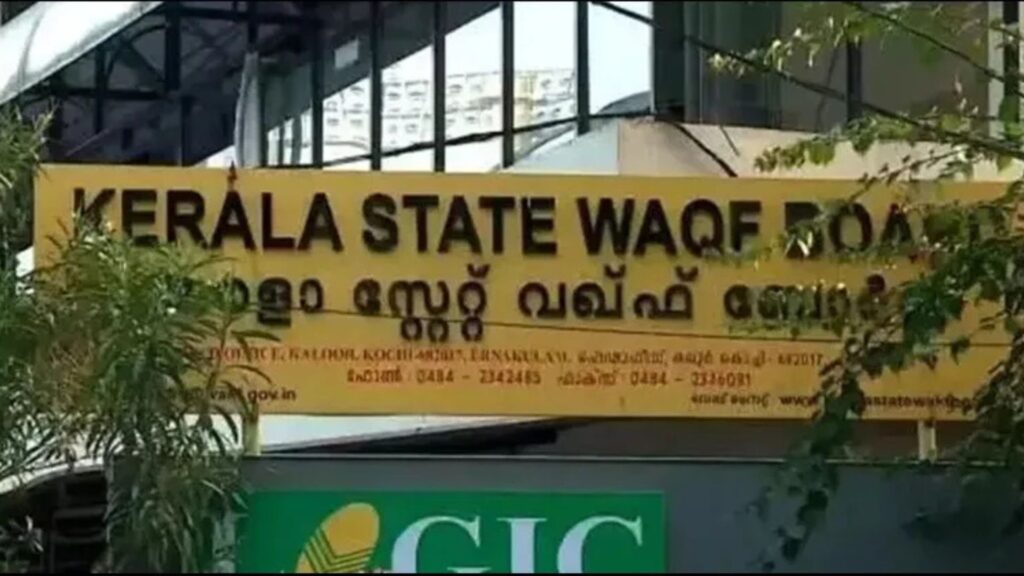The Kerala Catholic Bishops Council has called upon the state’s Members of Parliament to support amendments to the Waqf Act, citing concerns over certain provisions they deem “unfair and anti-constitutional.” This appeal comes amid a contentious land dispute in Munambam, Ernakulam district, where approximately 400 acres are under claim by the Waqf Board, affecting numerous Christian families.
Cardinal Baselious Cleemis, representing the KCBC, emphasized the urgency of addressing these issues. He highlighted that the current clauses in the Waqf Act have hindered residents from exercising their legal rights over their land. The Cardinal pointed out that the management of Farook College in Kozhikode, which previously sold the land to these occupants, has affirmed that the property was originally gifted to them, suggesting that the Waqf Board’s claims lack justification.
The Munambam land dispute has brought the Waqf Act into sharp focus in Kerala. Residents have actively protested against the Waqf Board’s assertions over their land, leading to broader discussions about the Act’s implications and its impact on property rights.
In response to the KCBC’s stance, the Bharatiya Janata Party has expressed support. Rajeev Chandrasekhar, the BJP’s state president, urged all Kerala MPs to back the proposed amendments, asserting that the bill aims to safeguard constitutional property rights without targeting any specific community. He underscored the plight of Munambam’s residents, who have faced prolonged uncertainty due to the ongoing dispute.
The proposed Waqf Amendment Bill is anticipated to be reintroduced during the current parliamentary session. Union Home Minister Amit Shah has indicated that the bill seeks to ensure that land-related disputes are adjudicated solely by courts, aiming for greater fairness and legal clarity.
However, the bill has encountered resistance from various quarters. The All India Muslim Personal Law Board has voiced strong opposition, characterizing the amendments as a deliberate attempt to undermine Muslim religious and charitable institutions. This sentiment has led to nationwide protests, with individuals in several states donning black armbands during Friday prayers as a form of dissent.
Despite the broader political contention, the KCBC remains focused on addressing the specific challenges faced by the Munambam community. The council has committed to sending individual letters to each Kerala MP, urging them to support the amendments that would prevent the Waqf Board from making further claims on the disputed land.
The Waqf issue has also elicited varied responses from Kerala’s political landscape. Both the ruling Communist Party of India and the opposition Congress party have expressed support for the Munambam residents, assuring that those with valid documentation will not face eviction. Nonetheless, these parties have opposed the central government’s proposed amendments to the Waqf Act, highlighting the complex interplay of local and national political dynamics.




 Trump’s Tariffs Poised to Impact India’s Export Economy
Trump’s Tariffs Poised to Impact India’s Export Economy 